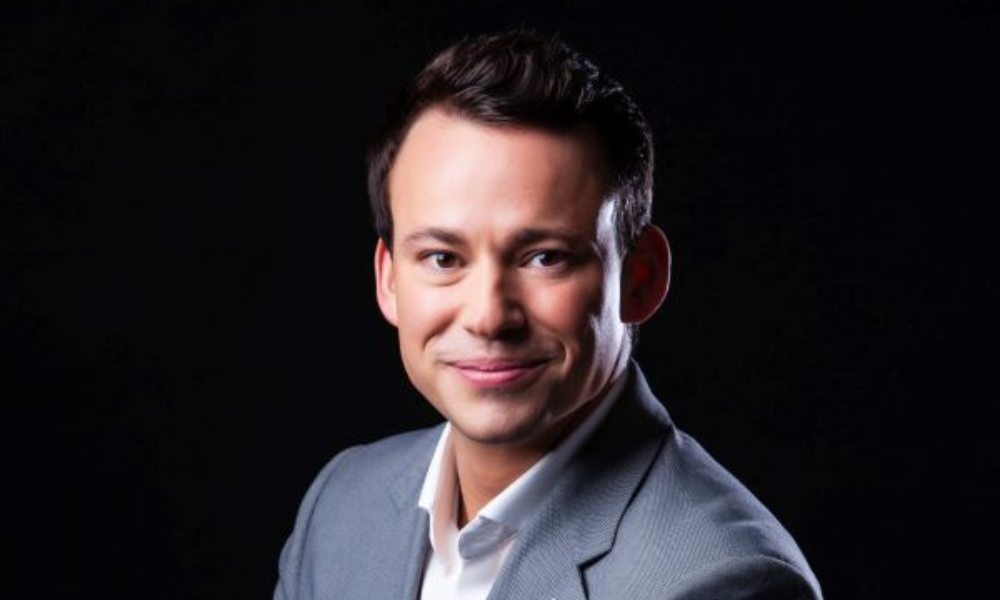Brokers discuss fixed versus variable rates

While fixed rates have become the surer option compared over variable rates in today’s mortgage market, the question of whether there are still some circumstances in which variables could be a better choice has been raised.
Mortgage Introducer spoke to brokers to garner their views on fixed and variable rates in today’s tumultuous market.
Certainty versus flexibility
David Robinson, co-founder at Wildcat Law, said the choice between fixed or variable bottles down to certainty versus flexibility.
“If you know that your financial circumstances are unlikely to change, you are nervous about having to pay more for your mortgage, and you are going to stay in your home for a number of years, then fixed rates are probably the way to go,” he said.
However, for a number of people, Robinson said the early repayment penalties associated with fixed-rate mortgages may mean they turn to variable rates without penalties. Historically, he said these have included business people who are looking to sell in the near future, to people retiring and seeking to pay off their mortgages with tax-free cash.
“Going forward, it may also include younger families who may be looking to upsize as their family, and income, grows,” Robinson said.
Gary Boakes, director at Verve Financial, said the fixed versus variable debate is an ever-present in-depth conversation in every broker’s meetings at the moment.
“Ultimately, we recommend solutions to a customer’s set of circumstances, and the great thing about our job is everybody’s situation is different, so no one answer is going to fit everyone,” he said.
Boakes agreed with Robinson that fixed or variable comes down to certainty versus flexibility, which is representative of the customer’s risk levels.
Reflecting on market trends at present, Boakes said, having a slightly younger customer database, they are looking for that security and going with fixed rates. Trackers or variable rates, he added, have generally been for older or more affluent customers that can absorb any increases, and are happy with the risks.
Veering toward safety
Luke Thompson, director at PAB Wealth Management, said the majority of customers will always veer towards what they feel is the safety of a fixed rate and the guaranteed costs for a specified period.
“However, most customers I am dealing with do not want to be locked into a long-term fixed rate at the moment, and, with this in mind, are shying away from five-year fixed deals even though the payments are cheaper,” he said.
This is because, Thompson said, customers do not want to be stuck on the higher rate if interest rates start to fall at the end of 2024.
As such, he said variable and tracker rate mortgages still have a place in the market, and will always appeal to those customers willing to take the gamble that interest rates will fall faster than expected.
“That said, on the whole, the majority of business we are writing is for two-year fixed rates, with the odd three-year fix or tracker rate; five-year fixes are definitely not in fashion at the minute,” Thompson said.
Elliot Cotterell (pictured), director at Windsor Hill Mortgages, said, in recent years, longer fixed rate products, such as five-year fixes, have been favoured.
However, Cotterell concurred with Thompson that as rates have risen, he has seen more clients question taking longer term fixes.
Swap rates on two- versus five-year government debt are currently inverted, which he said is normally a clear sign that the market believes it is coming towards the end of the hiking cycle.
“Another 0.25% hike to the base rate is largely priced into the market, and views on one further rise after that are split,” he said.
Therefore, Cotterell said clients are beginning to take a shorter term view on their fixed horizon, choosing two-year products in the hope that rates will have dropped when they come to renew.
“Some clients are even more dovish and are prepared to consider variable rates in anticipation that they can ride the interest rate curve all the way back down for the next few years,” Cotterell said.
This, he believes, is a moderately risky strategy but does frequently come with the added benefit of zero early repayment charge products.
Are you recommending fixed or variable products at present? Let us know in the comment section below.



